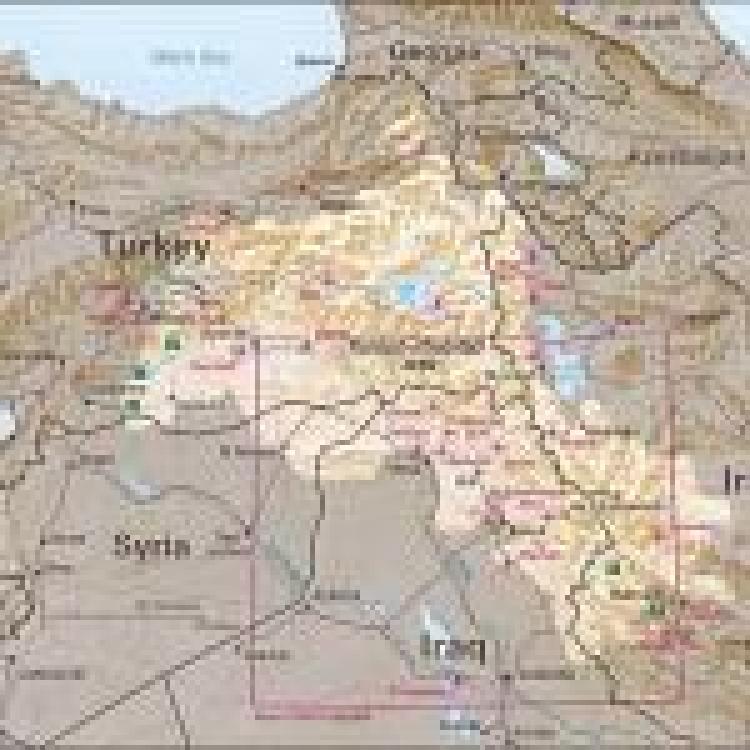![]()
There has been some progression is charging perpetrators of war crimes in Syria, Catherine Marchi-Uhel, head of the International, Impartial and Independent Mechanism (IIIM) told reporters this week.
The IIIM was set up in 2016 to investigate and prosecute those responsible for the most egregious war crimes in Syria. These crimes include the use of chemical weapons on civilians, accounts of torture, summary execution and disappearances throughout the civil war.
Attempts to prosecute members of President Bashar al-Assad’s government have been stymied as Syria is not a signatory to the Rome Statute of the International Criminal Court (ICC). Russia and China have further weakened these efforts as they have vetoed attempts to provide the ICC a mandate to set up a special tribunal.
Despite this, representative lawyers of 28 Syrian refugees in Jordon have called on the ICC to investigate Syria. They maintain that the court has a right of jurisdiction as Jordan is a signatory. These calls for action were further supplemented by nine torture survivors who submitted a criminal complaint against Syrian offices to UN officials in Sweden on February 19.
There has been progress in Europe however. In Germany, two Syrians were detained and in France, one Syrian man was held on suspicion of torturing opposition activists and other crimes against humanity. The arrests were supported by the principle of universal jurisdiction and were the first arrests in Europe against Syrian officials.
Speaking to reporters in her office in Geneva, Marchi-Uhel said:
"“We are already going in that direction of identifying the most serious crimes, identifying perpetrators, not just physical perpetrators but those who orchestrated, assisted or condoned the commission of crimes that are really our mandate,”
She added however that this will take a “long time”.
“I don’t sign off on any indictment. With the team we have stopped when we consider a case is ready (for prosecution) ... These things take a long time. It is not a bad sign, it means authorities are working seriously.”
So far, Marchi-Uhel’s staff has collected one million documents, documents, videos and witness testimonies - equal to four terabytes. This data is currently being examined.
Read more here.

